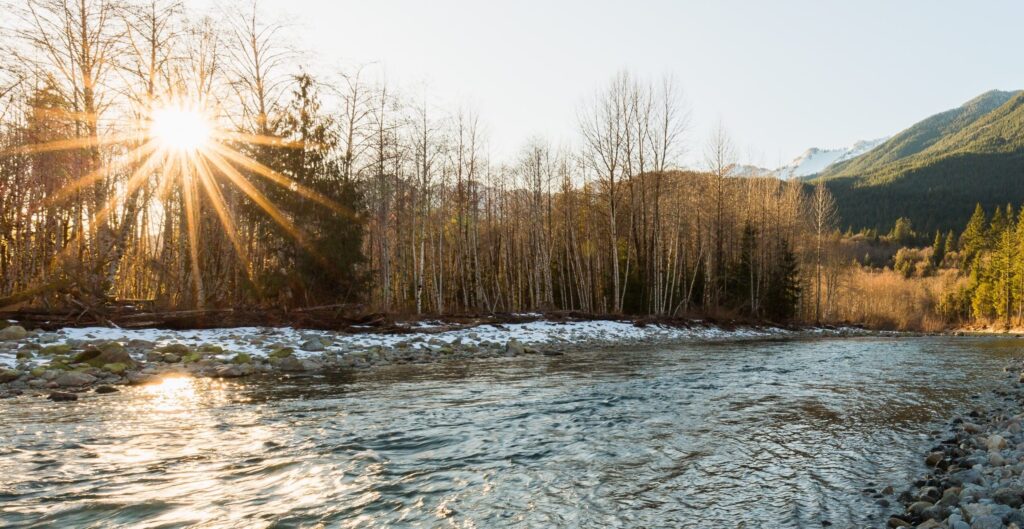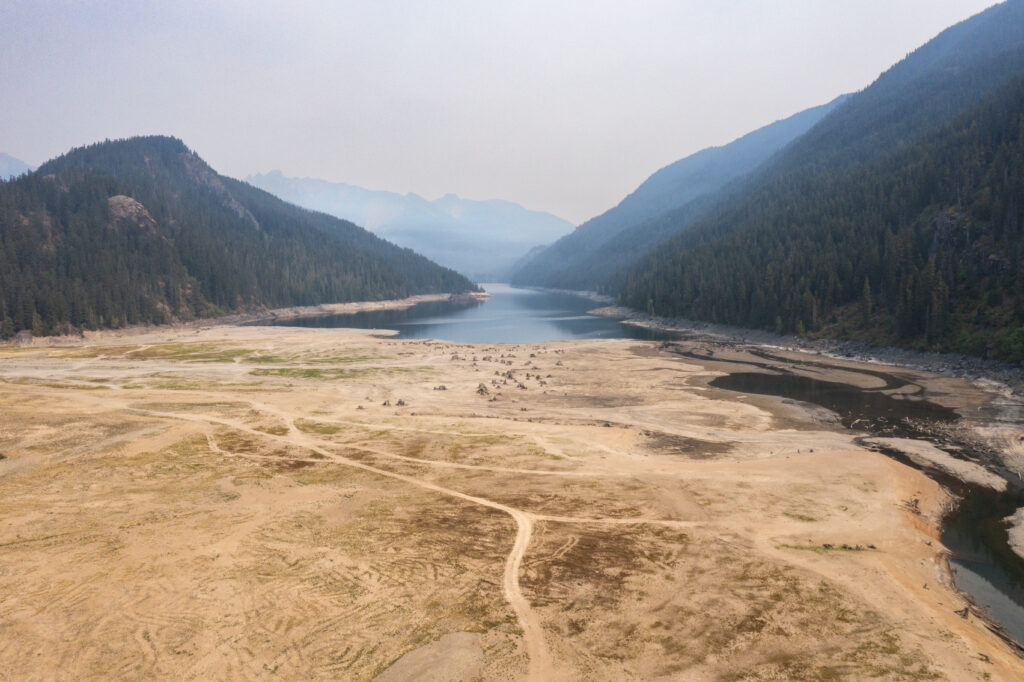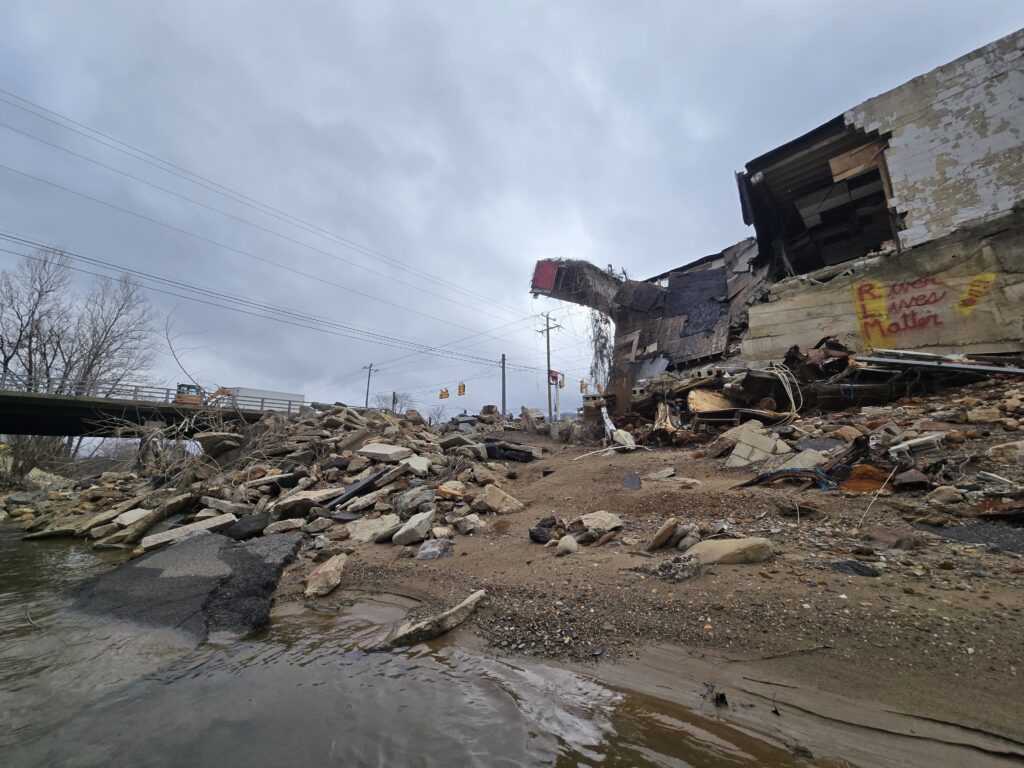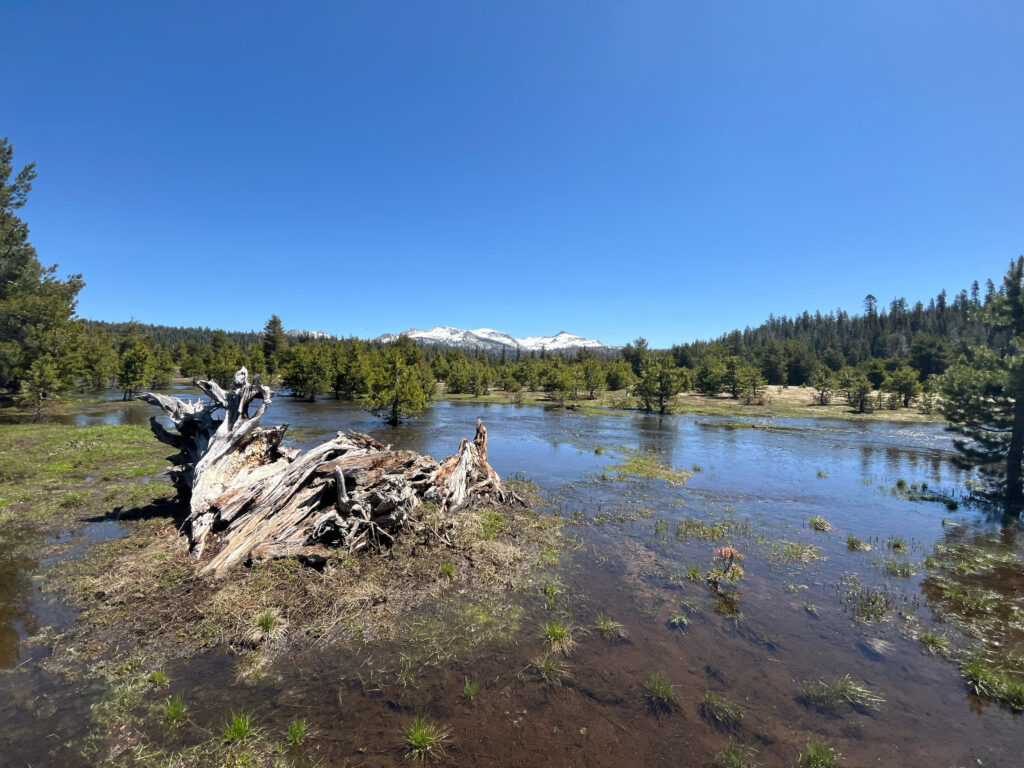September 18, 2020
The thunder and lightening woke me up. After ten days of wildfire lockdown in Portland, the rain this morning is a giant relief. Since the fires started in Oregon, the air quality has been terrible — “beyond hazardous” the index says — so the limited pandemic excursions to walk our dog, go to the park, ride bikes with my boys had stopped. Now, maybe, we can go outside again.
My family is fortunate. The fires have burned more than a million acres and ten people have died. Many in our river community — American Rivers partners, friends and supporters — have had to evacuate. Many across our state have lost homes. So many beloved rivers, forests and communities have been impacted — the Little North Santiam. North Umpqua. Clackamas. McKenzie. Rogue. Klamath.
I’ve been reading in the news about other devastating stories linked to climate change — the fires in Brazil, the birds dying in New Mexico, the hurricanes threatening the Atlantic and Gulf coasts. It’s easy to slip toward despair.
But I keep coming back to a quote by Dr. Ayana Elizabeth Johnson:
“Even though there is so much we can’t save, the other side of that is there is so much that we still can save. So, who are we to give up? What gives us the right to give up on the planet and each other? … It’s truth, courage and solutions. That’s what’s going to get us there.”
What can we save? We can start by saving a river.
I’m thinking about the Middle Fork Nooksack, where American Rivers and our partners just removed a dam. We set the river free, restoring habitat so we can bring back salmon runs — salmon that are vital to the Nooksack Indian Tribe and Lummi Nation, and desperately needed by starving Southern Resident Killer Whales. A new orca calf, J57, was born earlier this month to Talequah. That’s the mother orca who captured headlines across the region two years ago when her calf died and she carried it for weeks. It was heartbreaking. Now, there is a new calf. A new chance. Let’s hope that our efforts to restore the Nooksack and other rivers, like the lower Snake, will support J57 and the whole web of life of which we are all a part.
“Truth, courage and solutions,” Dr. Johnson says. The river conservation community is full of all three.
These fires have made me even more determined — to protect our rivers, to demand action on climate change, and to fight for communities hardest hit by environmental injustice and climate disasters. We have no right to give up on the planet or each other. I’m all in, for my boys, for my niece, for this beautiful place we call home, for rivers, for all of us.
Here in the Pacific Northwest and on rivers nationwide — there is still so much we can save.




2 responses to “Fires and rivers – reflections from the Pacific Northwest”
Well said. Thanks
I seriously doubt that any industry profits more from the Trump administration’s loosening of environmental protections than the U.S. fossil fuel industry, which greatly contributes to global warming thus stronger hurricanes and a drier, more fire-susceptible climate.
With the unprecedented U.S. Westcoast wildfires and off-the-chart poor-air advisories, I wonder how many fossil fuel industry CEOs and/or their young families may also be caught in harm’s way. Assuming that those CEOs are not sufficiently foolish to believe their descendants will somehow always evade the health repercussions related to their industry’s environmentally reckless decisions, I wonder whether the profit objective of a CEO’s job-description nature is somehow irresistible to him or her?
I can recall the allegorical fox stung by the instinct-abiding scorpion while ferrying it across the river, leaving both to drown.